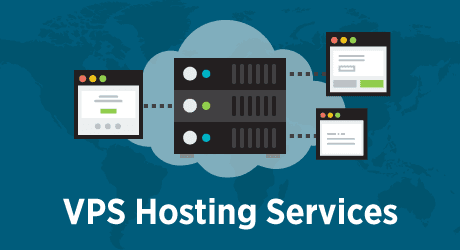A main virtual server or a virtual private server (VPS) is among the most common and popular alternatives for web hosting. A virtual private server allows multiple virtual servers to operate on just one server.
In virtual hosting server, the hardware is controlled by the web host provider but the software and operating system are under the control of the owner of the website.

Image Source: Google
There are a lot of benefits to working with a major virtual server. Among the benefits of VPS is that it empowers each virtual host to have its operating system and domain-related software installed. Each VPS is isolated from another virtual server, meaning that even if one server crashes the other servers will not be affected.
Each VPS also includes its allocation of disc space and CPU memory. This enhances the functioning of the servers and stealing of additional digital server's allocated memory and space isn't available.
In terms of security, a main virtual server can be advantageous as each website runs using its operating system. This makes it difficult for other virtual private servers to pass the security measures of VPS. The main virtual servers also provide mail and traffic protection.
There are many advantages to using a virtual private server, while there are disadvantages. For one thing, maintenance can be a bit troublesome because each virtual server has its operating system.
You have to update, maintain and repair each server separately due to different operating systems. This can be time-consuming as you will have to update each virtual server, participate in security issues, patches and installations.